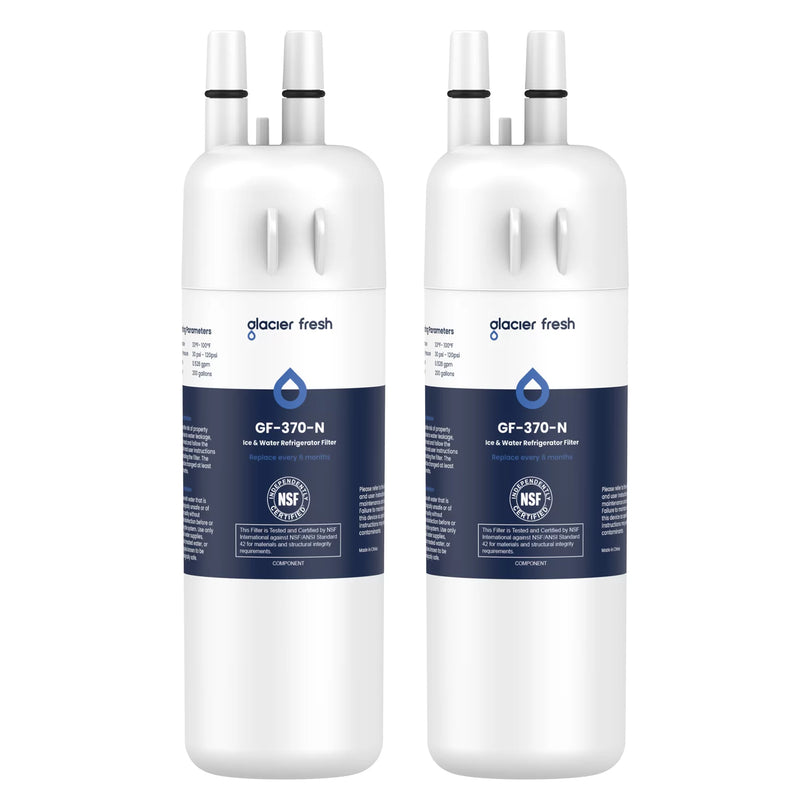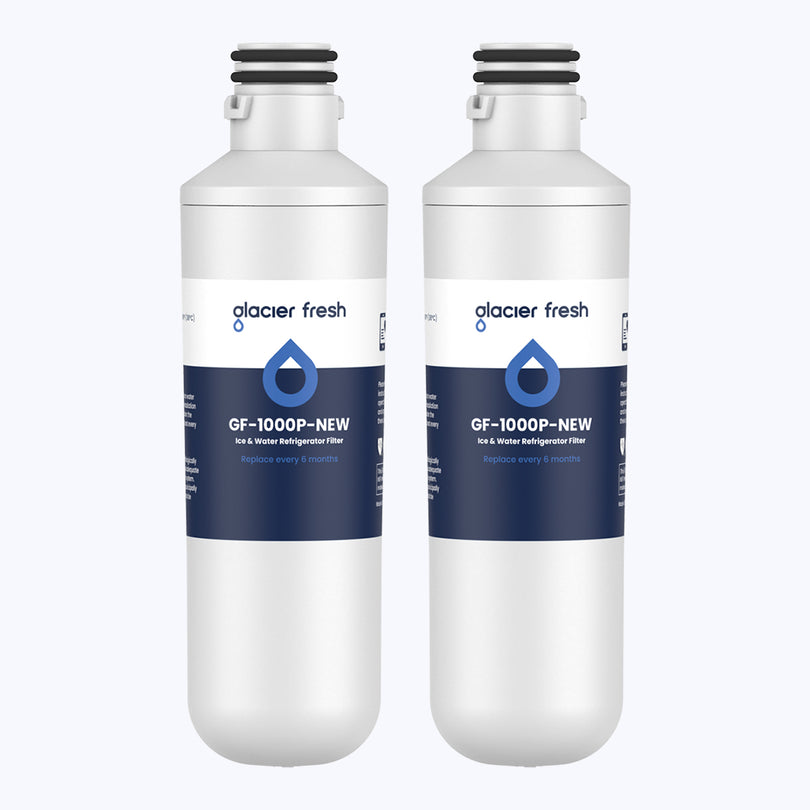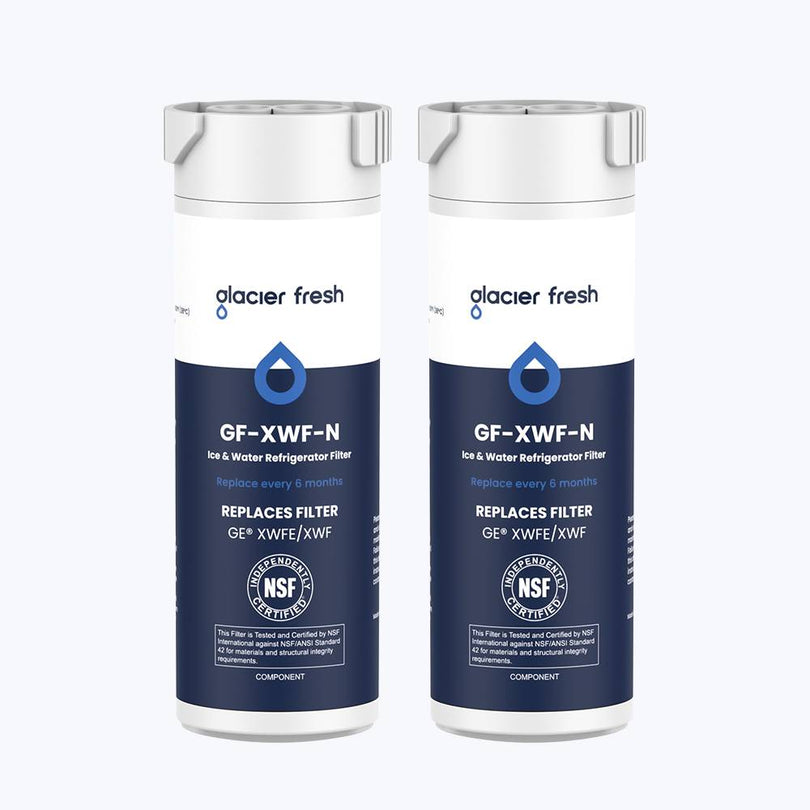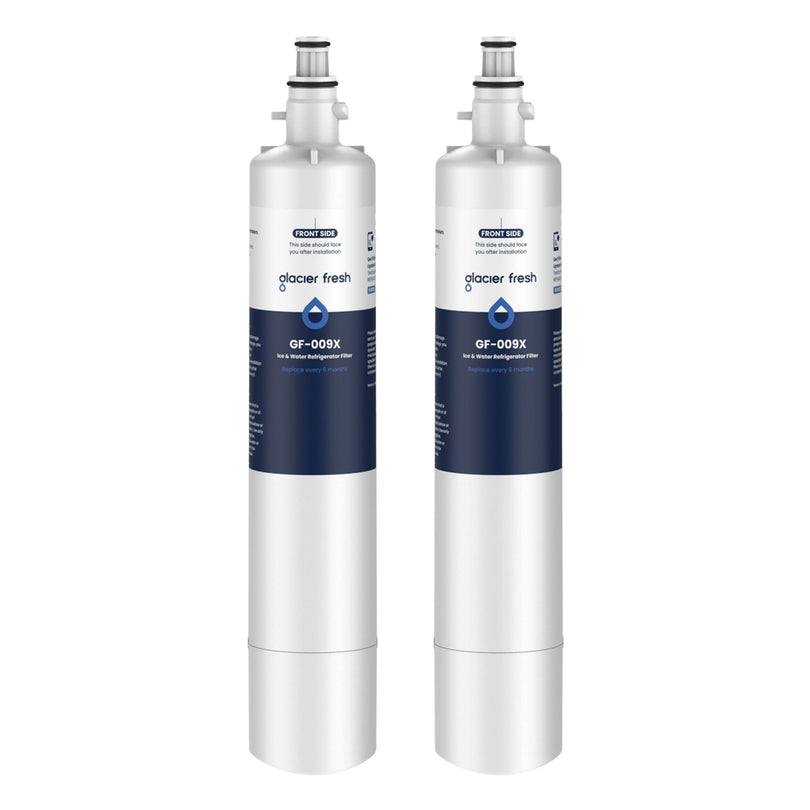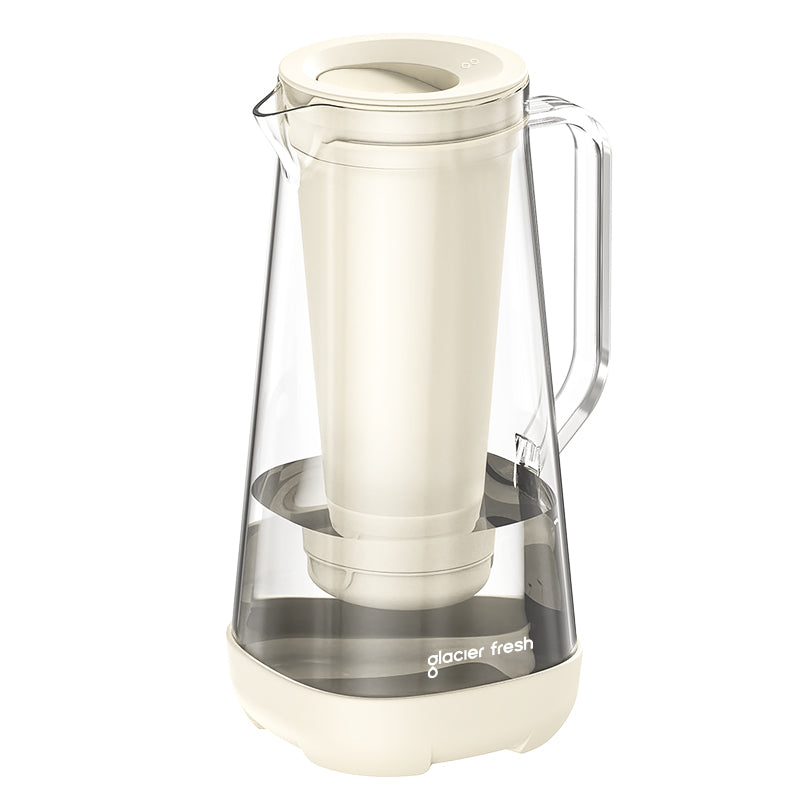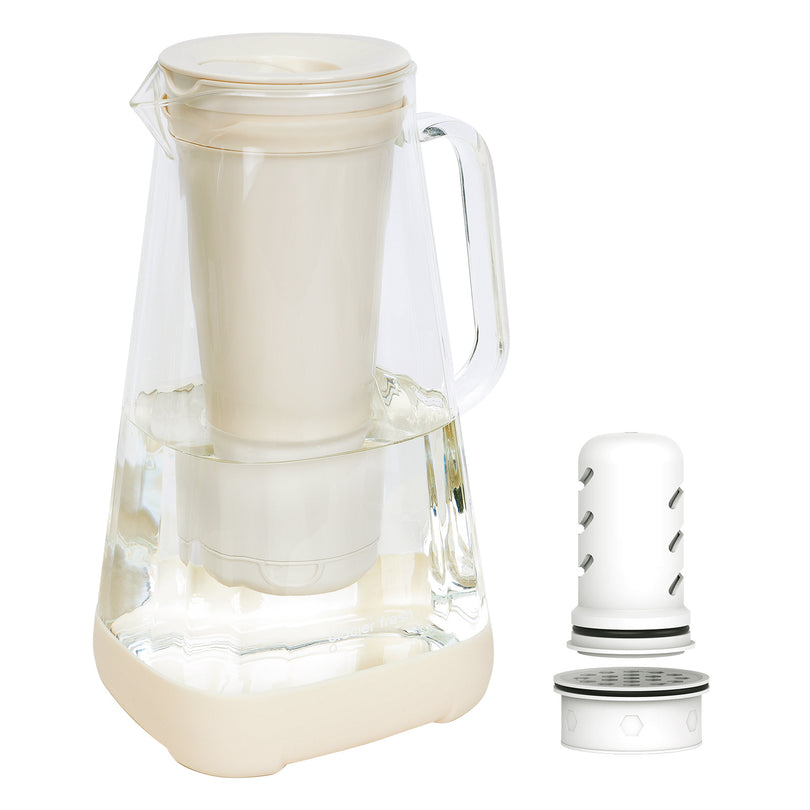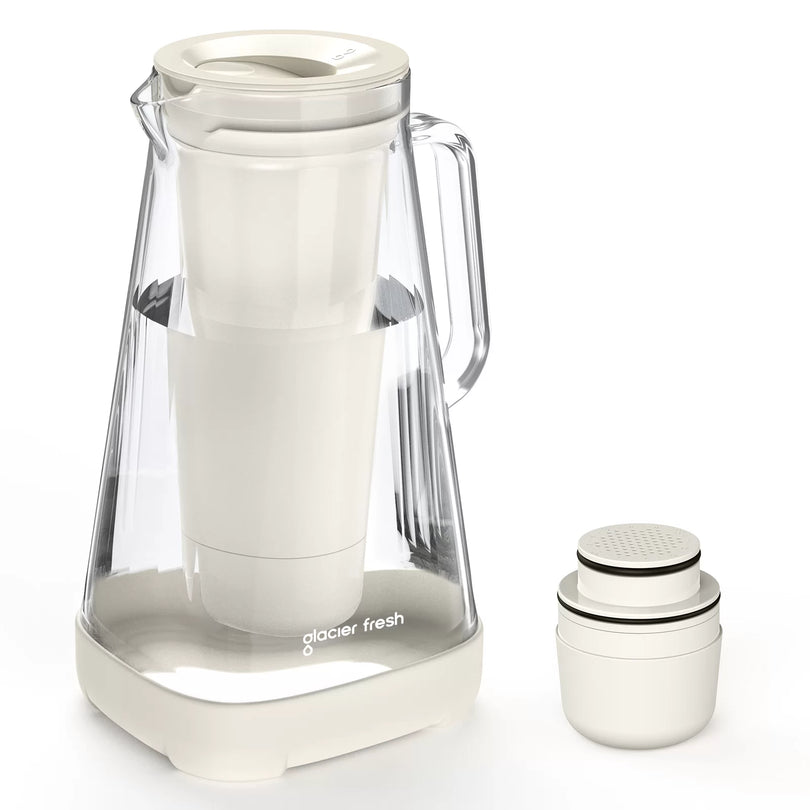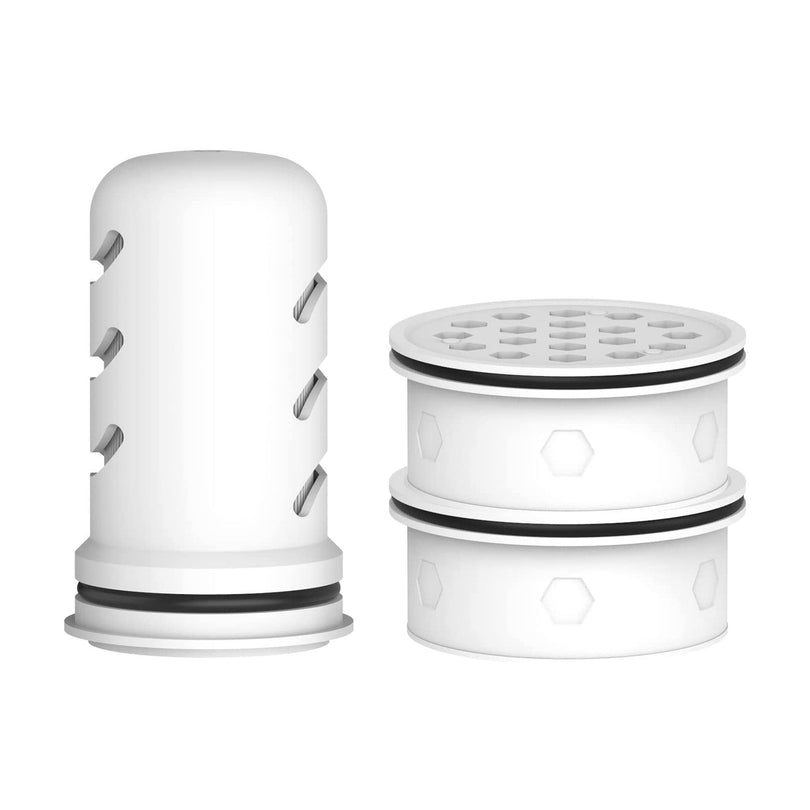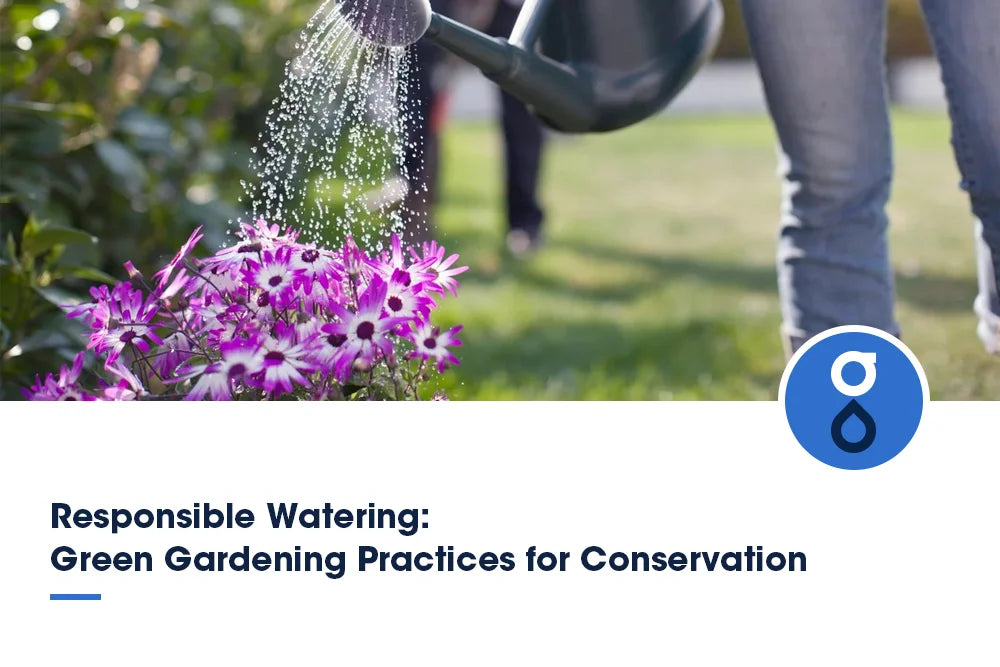Table of Contents:
Was ist Grauwasser?
Verschiedene Grauwasserquellen im Haushalt
Unterschiede zwischen Grauwasser und Schwarzwasser
Gesundheitsrisiken durch Grauwasser
Vorteile des Grauwasserrecyclings
Best Practices für die Wiederverwendung und Wiederverwendung von Grauwasser zu Hause
FAQs
Abschluss
Nutzen Sie das Potenzial von Grauwasser, indem Sie es zu Hause wiederverwenden. Grauwasser aus Waschbecken, Duschen und Waschküchen kann für nicht trinkbare Zwecke wie die Bewässerung aufbereitet werden. So sparen Sie nachhaltig Frischwasser und schonen die Ressourcen. Mit einfachen Filter- und Desinfektionsmethoden verwandeln Sie Grauwasser in eine umweltfreundliche Lösung, die sowohl der Umwelt als auch Ihrem Budget zugutekommt. Erfahren Sie, wie Sie Grauwasser optimal für einen umweltfreundlicheren Lebensstil nutzen.
Was ist Grauwasser?

Grauwasser besteht aus Abwasser aus Haushaltsaktivitäten wie Wäschewaschen, Geschirrspülen und Baden, das für andere Zwecke wiederverwendet werden kann. Die Zusammensetzung von Grauwasser variiert je nach Quelle. Es enthält in der Regel Spuren von Seife, Schmutz, Fett und Speiseresten, jedoch keine Fäkalien und gefährlichen Chemikalien.
Die Aufbereitung von Grauwasser vor der Wiederverwendung ist entscheidend, um Verunreinigungen und Krankheitserreger zu beseitigen. Gängige Methoden sind Filtration, Absetzen und Desinfektion. Die ordnungsgemäße Entsorgung von unbehandeltem Grauwasser kann Gesundheitsrisiken bergen und die Umwelt schädigen, was die Einhaltung von Vorschriften unterstreicht. Grauwasservorschriften regeln in der Regel die sichere Nutzung und Entsorgung von Grauwasser, um eine Kontamination von Gewässern und Böden zu verhindern.
Eine umweltfreundliche Möglichkeit, Grauwasser wiederzuverwenden, ist die Bewässerung. Sie können Frischwasser sparen und Ihre Umweltbelastung reduzieren, indem Sie aufbereitetes Grauwasser in Gärten und Pflanzen umleiten. Die Implementierung von Grauwasser-Bewässerungssystemen kann eine nachhaltige Lösung zur Wassereinsparung und zur Pflege von Grünflächen sein.
Verschiedene Grauwasserquellen im Haushalt
Wenn Sie über die Wiederverwendung von Wasser zu Hause nachdenken, ist es wichtig, die verschiedenen Grauwasserquellen zu identifizieren, die für nachhaltige Praktiken genutzt werden können. Grauwasser kann aus verschiedenen Bereichen Ihres Hauses stammen und bietet Möglichkeiten zur Einsparung und zum umweltfreundlichen Verhalten. Hier sind einige gängige Grauwasserquellen in einem Haushalt:

Unterschiede zwischen Grauwasser und Schwarzwasser
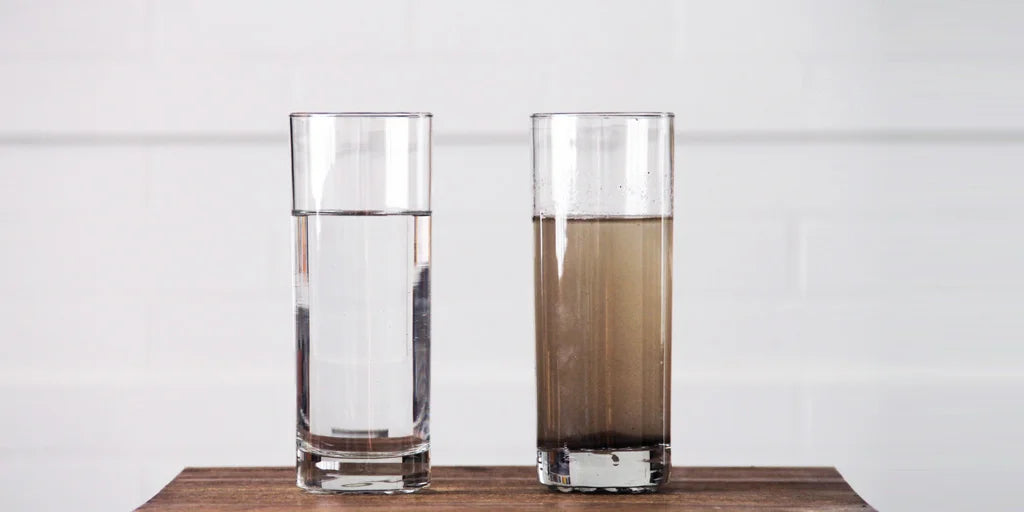
Wenn Sie über die Wiederverwendung von Wasser zu Hause nachdenken, ist es wichtig, die verschiedenen Grauwasserquellen zu identifizieren, die für nachhaltige Praktiken genutzt werden können. Grauwasser kann aus verschiedenen Bereichen Ihres Hauses gewonnen werden und bietet Möglichkeiten zur Einsparung und zum umweltfreundlichen Verhalten.
Hier sind einige wichtige Unterschiede zwischen Grauwasser und Schwarzwasser:
- Wasserqualität: Grauwasser ist relativ sauber und kann leicht für die Wiederverwendung aufbereitet werden, während Schwarzwasser Krankheitserreger enthält und aufwändige Aufbereitungsverfahren erfordert.
- Umweltauswirkungen: Die Wiederverwendung von Grauwasser reduziert den Frischwasserverbrauch und entlastet die Abwassersysteme, was die Nachhaltigkeit fördert. Schwarzwasser kann, wenn es nicht ordnungsgemäß behandelt wird, Wasserquellen verschmutzen und Ökosysteme schädigen.
- Behandlungsmethoden: Grauwasser wird normalerweise einfachen Filter- und Desinfektionsprozessen unterzogen, während bei der Schwarzwasserbehandlung komplexe Systeme zur Entfernung schädlicher Substanzen zum Einsatz kommen.
- Bewässerungssysteme: Grauwasser wird häufig zur Bewässerung von Gärten oder zum Spülen von Toiletten verwendet, während die Wiederverwendung von Schwarzwasser zur Bewässerung aus gesundheitlichen Gründen weniger verbreitet ist.
- Regulierungsstandards: Die Vorschriften für Grauwasser sind im Allgemeinen weniger streng als für Schwarzwasser, da sie den unterschiedlichen Schadstoffkonzentrationen in den einzelnen Abwasserarten Rechnung tragen.
Gesundheitsrisiken durch Grauwasser
Angesichts der potenziellen Gesundheitsrisiken, die mit der Wiederverwendung von Grauwasser im Haushalt verbunden sind, ist es wichtig, sich über die richtige Handhabung und Aufbereitung im Klaren zu sein. Grauwasser, zu dem auch Wasser aus Waschbecken, Duschen und Wäsche gehört, kann Schadstoffe enthalten, die bei unsachgemäßer Handhabung gesundheitliche Bedenken hervorrufen. Die folgende Tabelle zeigt einige der wichtigsten Risiken und Vorsichtsmaßnahmen zur Minimierung dieser Gefahren:

Vorteile des Grauwasserrecyclings
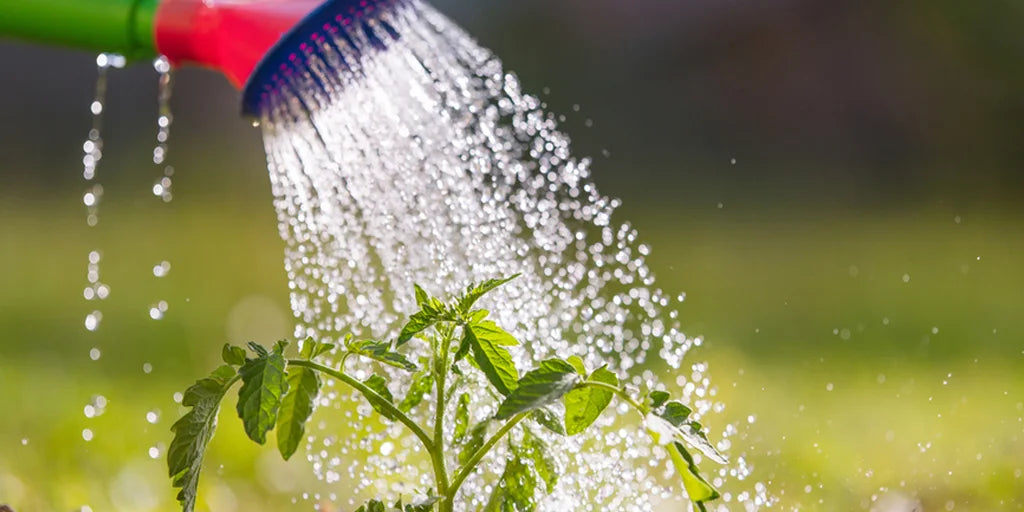
Um die Effizienz der Wassernutzung zu Hause zu maximieren, kann die Nutzung der Grauwasseraufbereitung zu nachhaltigen und kostengünstigen Lösungen führen. Grauwasseraufbereitung bietet verschiedene Vorteile für einen umweltbewussteren und wirtschaftlicheren Lebensstil. Hier sind einige der wichtigsten Vorteile:
- Umweltauswirkungen: Durch die Wiederverwendung von Grauwasser für andere Zwecke als Trinkwasser, beispielsweise zum Spülen der Toilette oder zur Gartenbewässerung, können Sie die Belastung der Süßwasserressourcen erheblich reduzieren und die Abwasseraufbereitungsanlagen entlasten.
- Kosteneinsparungen: Durch die Nutzung von Grauwasser können Sie Ihre Wasserrechnung senken, da weniger Frischwasser für Aktivitäten wie die Gartenbewässerung oder die Reinigung von Außenbereichen benötigt wird.
- Wasserschutz: Durch das Recycling von Grauwasser können wertvolle Süßwasserressourcen geschont werden, da Wasser, das sonst verschwendet würde, wiederverwendet wird.
- Nachhaltiges Leben: Die Nutzung des Grauwasserrecyclings steht im Einklang mit einem nachhaltigen Lebensstil, da es die Wasserverschwendung reduziert und umweltfreundliche Praktiken fördert.
- Vorteile für die Bewässerung: Bei entsprechender Aufbereitung ist Grauwasser eine nährstoffreiche Wasserquelle für Pflanzen, die ein gesünderes Wachstum fördert und den Bedarf an chemischen Düngemitteln reduziert.
Best Practices für die Wiederverwendung und Wiederverwendung von Grauwasser zu Hause
Grauwasserquellen und -sammlung
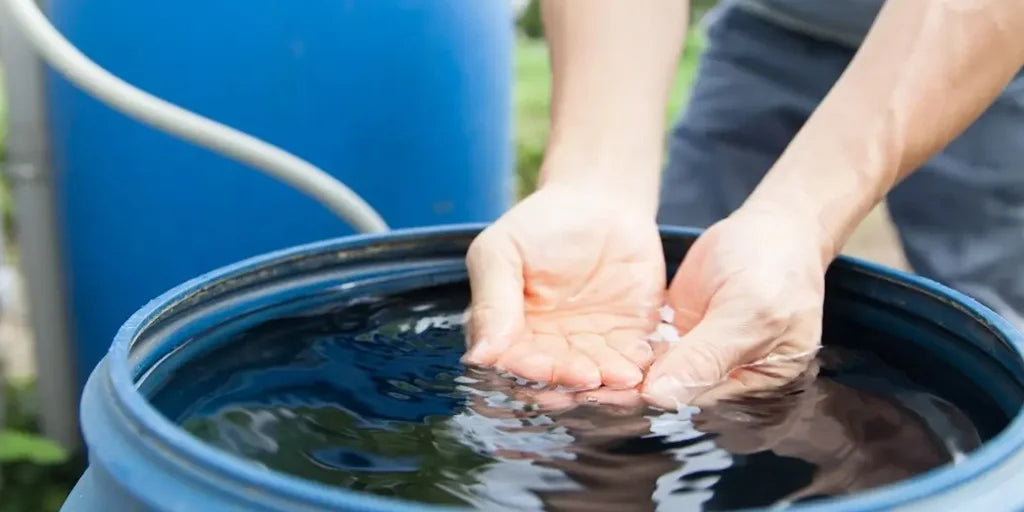
Wenn Sie Grauwasser zu Hause wiederverwenden möchten, müssen Sie zunächst die Quellen identifizieren und ein effizientes Sammelsystem implementieren. Identifizieren Sie zunächst Quellen wie Waschbecken, Duschen und Waschmaschinen, die Grauwasser produzieren. Richten Sie ein Sammelsystem ein, das dieses Wasser zur Filterung und Wiederverwendung an einen zentralen Punkt leitet. Nutzen Sie einfache Methoden wie die Installation eines Umschaltventils an der Wasserleitung, um das Wasser in Vorratsbehälter umzuleiten. Stellen Sie sicher, dass das Sammelsystem gut gewartet ist, um Verstopfungen und Verunreinigungen zu vermeiden. Überprüfen Sie es regelmäßig auf Lecks und führen Sie notwendige Reparaturen umgehend durch. Durch die effiziente Sammlung von Grauwasser sichern Sie sich eine nachhaltige Wasserquelle für Zwecke wie Bewässerung und Toilettenspülung.
Aufbereitungsmethoden für Grauwasser
Um Grauwasser zu Hause effektiv wiederzuverwenden, können Sie verschiedene Aufbereitungsmethoden anwenden, um eine sichere und zweckdienliche Nutzung zu gewährleisten. Eine gängige Methode ist die Filtration durch Sandfilter oder Membranbioreaktoren, die Verunreinigungen und Partikel entfernen. UV-Licht oder Chlor können das Grauwasser desinfizieren und schädliche Krankheitserreger und Bakterien abtöten. Eine weitere wirksame Behandlungsmethode sind künstliche Feuchtgebiete, in denen Pflanzen das Wasser auf natürliche Weise filtern und reinigen. Eine chemische Behandlung mit Produkten wie Wasserstoffperoxid kann ebenfalls zum Abbau von Schadstoffen beitragen.
Sichere Lager- und Vertriebssysteme
Die Implementierung geeigneter Speicher- und Verteilungssysteme für aufbereitetes Grauwasser ist entscheidend für die Erhaltung seiner Qualität und die optimale Nutzung im Haushalt. Um die Sicherheit zu gewährleisten, lagern Sie Grauwasser in verschlossenen Behältern und schützen Sie es vor Sonnenlicht, um Bakterienwachstum zu verhindern.
Verwenden Sie separate Rohre für die Grauwasserverteilung, um eine Kreuzkontamination mit Trinkwasser zu vermeiden. Installieren Sie ein Filtersystem, um verbleibende Verunreinigungen zu entfernen, bevor Sie das Grauwasser für andere Zwecke verwenden. Kontrollieren und reinigen Sie regelmäßig Speichertanks und Verteilungsrohre, um Verstopfungen vorzubeugen und die Wasserqualität zu erhalten. Beschriften Sie Rohre und Behälter, um Grauwasser von Frischwasserquellen deutlich zu unterscheiden.
Grauwasserwiederverwendung für die Landschaftsgestaltung im Außenbereich
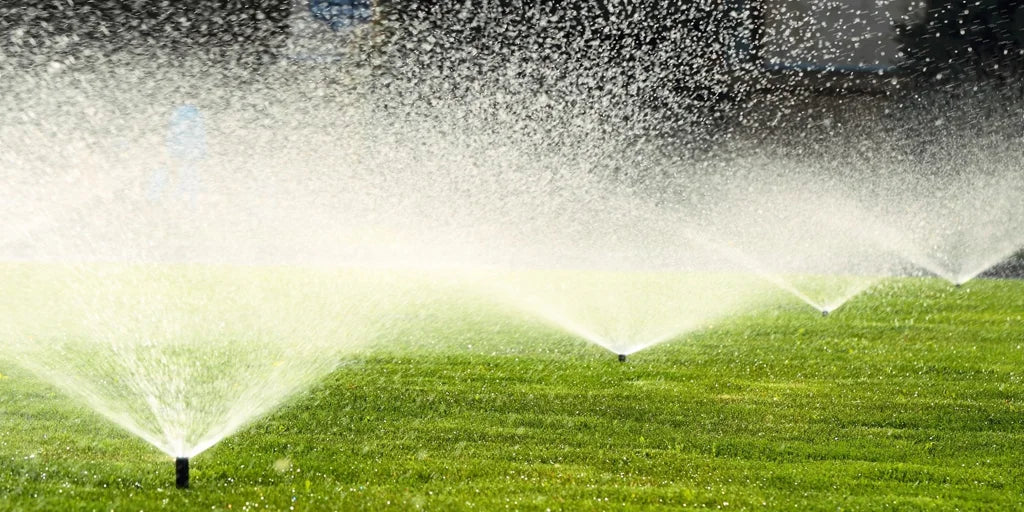
Um die Nutzung Ihres Grauwassers zu Hause zu optimieren, können Sie es für die Gartengestaltung verwenden und so eine nachhaltige Wasserquelle für Ihre Pflanzen schaffen. Grauwasser, das aus Duschen, Waschbecken und Waschküchen stammt, kann zur Bewässerung Ihres Gartens oder Hofs umgeleitet werden.
Durch die Nutzung von Grauwasser zur Bewässerung reduzieren Sie Ihren Frischwasserverbrauch und versorgen Ihre Pflanzen mit den Nährstoffen im Wasser. Installieren Sie zunächst ein einfaches Grauwasserumleitungssystem, das das Wasser aus Ihrer Hausinstallation in Ihren Garten leitet. Verwenden Sie biologisch abbaubare Seifen und Reinigungsmittel, um Ihre Pflanzen nicht zu schädigen.
Wartungstipps für Grauwassersysteme
Sorgen Sie für regelmäßige Inspektionen und Wartungen Ihres Grauwassersystems, um dessen Effizienz und Funktionalität zu erhalten. Überprüfen Sie Rohre, Ventile und Anschlüsse auf Lecks. Reinigen Sie Filter und entfernen Sie alle Rückstände, die das System verstopfen könnten.
Überwachen Sie den pH-Wert des Grauwassers, um sicherzustellen, dass es für die Bewässerung geeignet ist. Überprüfen und warten Sie das Verteilungssystem regelmäßig, um sicherzustellen, dass das Wasser optimal an Ihre Pflanzen oder Ihren Garten verteilt wird. Erwägen Sie die Installation eines Backup-Systems, um mögliche Ausfälle zu vermeiden. Achten Sie auf ungewöhnliche Gerüche, da diese auf ein Problem im System hinweisen können. Mit diesen Wartungstipps verlängern Sie die Lebensdauer Ihres Grauwassersystems und profitieren weiterhin von der nachhaltigen Wasserwiederverwendung.
FAQs
Kann Grauwasser sicher zum Gießen von essbaren Pflanzen im Hausgarten verwendet werden?
Sie können Grauwasser bedenkenlos zum Gießen von Nutzpflanzen in Ihrem Garten verwenden. Es verbessert die Bodenaufnahme, fördert die Nährstoffaufnahme, fördert die Pflanzengesundheit, bietet Vorteile bei der Bewässerung und spart Wasser. Nutzen Sie diese umweltfreundliche Methode für einen blühenden Garten.
Wie kann ein Grauwassersystem in die bestehende Hausinstallation integriert werden?
Um Grauwassersysteme in bestehende Rohrleitungen zu integrieren, sollten Sie die Rohrleitungen nachrüsten und eine Grauwasserfilteranlage selbst installieren. Beachten Sie die Wartungstipps für eine optimale Funktion. Zu den Vorteilen gehört die Wassereinsparung, Herausforderungen können jedoch die Systemkomplexität und die Einhaltung gesetzlicher Vorschriften sein.
Abschluss
Zusammenfassend lässt sich sagen, dass die Wiederverwendung von Grauwasser zu Hause eine einfache und umweltfreundliche Möglichkeit ist, Wasser zu sparen und die Umweltbelastung zu reduzieren. Sie können einen positiven Beitrag zum Wassersparen leisten, indem Sie einfache Maßnahmen wie die Nutzung von Grauwasser zur Bewässerung oder zum Spülen von Toiletten umsetzen.
Wenn Sie also das nächste Mal über Möglichkeiten nachdenken, nachhaltiger zu leben, denken Sie darüber nach, Grauwasserrecycling in Ihren Alltag zu integrieren. Es ist eine kleine Veränderung, die große Auswirkungen auf den Planeten haben kann.

